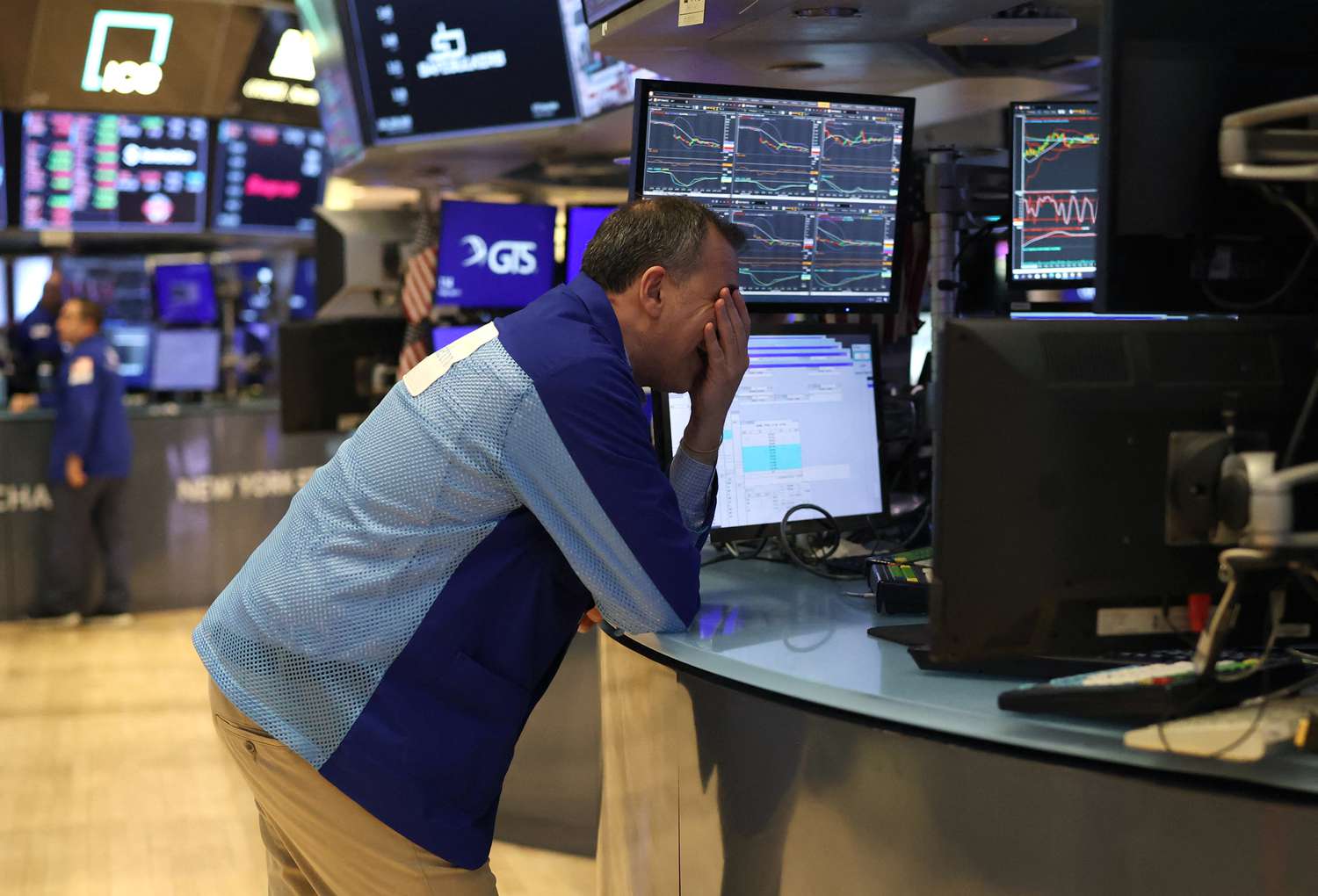Risks for asset prices
Without tariff wins from the US Administration, the bleeding will continue in asset prices.

With financial markets crashing, it looks as if US President Trump is in desperate need of a tariff ‘win’ to show that his policies are working. Many analysts dare say that there will be some ‘wins’ announced by the US Administration very soon. These could conceivably stop the bleeding in risk assets, but only for a time.
If President Trump seems to be choosing to double-down on his tariff policy, by imposing 50% tariffs on China, then he is going to need some victories soon amongst the alleged 50-or more countries that have been in contact to get their tariffs reduced. Without wins, the bleeding will continue in asset prices.
In theory at least, the unveiling of ‘fantastic’ offers by other countries to avoid tariffs, and agreement by the US, could provoke a sharp rebound in asset prices. Perhaps this is what we need to bear in mind over the next few weeks. However, many analysts are sceptical that any such rebound will last for a period of time.
One reason for this reflects the strategy that President Trump often uses, which is to create a problem and then take the plaudits when he seemingly solves the issue. He did this with China during his first term when he created a mini-version of the impending trade war by sharply increasing tariffs on China from around 3% to over 20% on China, as well as stipulating an amount of US exports that the country had to buy. At the time, the US president portrayed it as a win for the US but China never bought all the US exports it said that it would. In other words, other countries might offer concessions and the US might accept them, but there is no guarantee that they will be effective.
A second, and related reason is that if the US drops tariffs on certain countries, say Vietnam, which seems to be pushing hard, it opens up the possibility that the country could remain a conduit through which other high-tariff nations, such as China send their goods to the US. With this in mind, it might be the case that any US ‘wins’ are with such small countries that they have practically no bearing on the US trade balance, and little chance, therefore of placating financial markets and the ire of many US businesses.
Another reason to fear pyrrhic victories rather than real ones is that the US claims that its major gripe is with countries non-tariff barriers, not their tariff levels. If we take the EU, for instance, its actual tariff rate is similar to that of the US. But US claims that the EU’s VAT revenue is ploughed back into domestic firms, so creating a non-tariff barrier to US exports, is disingenuous, not just because all firms pay VAT, whether local or foreign, but because the cash is not redirected to pay subsidies or other inducements to EU firms. Instead, if the EU has any ‘barriers’ to US exports it is often to do with things like environment standards. Trump himself has complained in the past that it took so long to get planning permission for a golf course in Ireland that he gave up.
Will countries in the EU give up their environmental and other standards to reduce US tariffs? Steven Barrow, Head of Standard Bank G10 Strategy rather doubts it. Hence, if Trump were to declare some kind of ‘win’ here, or in many other countries for that matter, there is likely to be a good deal of scepticism that the victory will achieve very much and that Trump might just be looking for the win to show that his tariff policy is working.
Nonetheless, Steven Barrow should not rule out the possibility that tariff news gets a bit better from here, rather than worse and that could reduce tensions in riskier assets. Of course, there are still more tariffs likely from the US such as new ones on pharmaceuticals and lumber but these announcements are probably priced in by the market. What might not be in current asset prices are announcements of new trade deals or ‘wins’ with other countries and, if these come soon, they could offer some (brief) respite to the capitulation that we are seeing in the markets.








